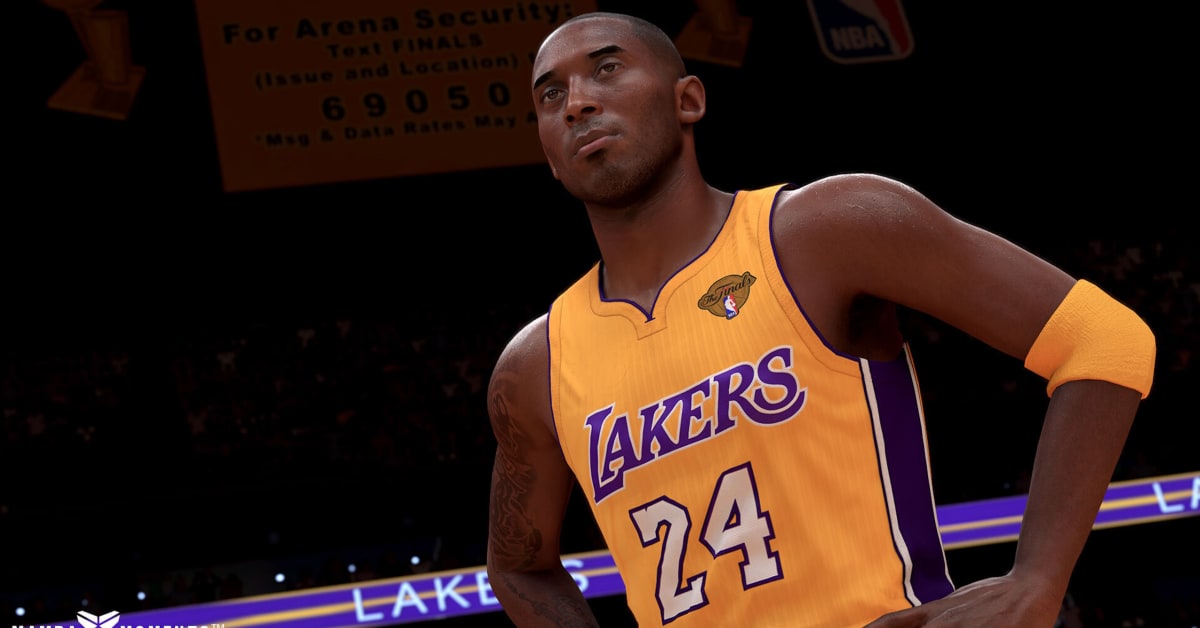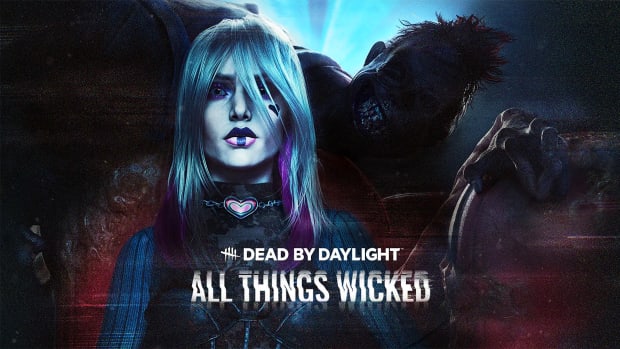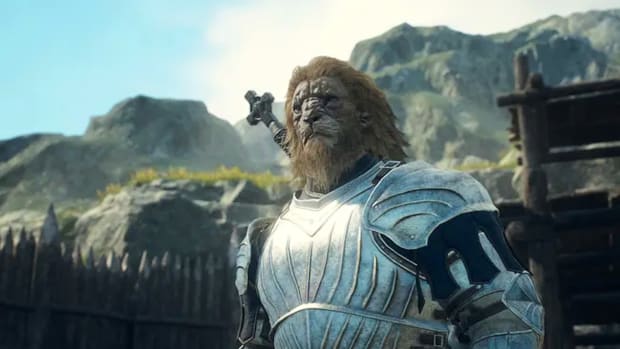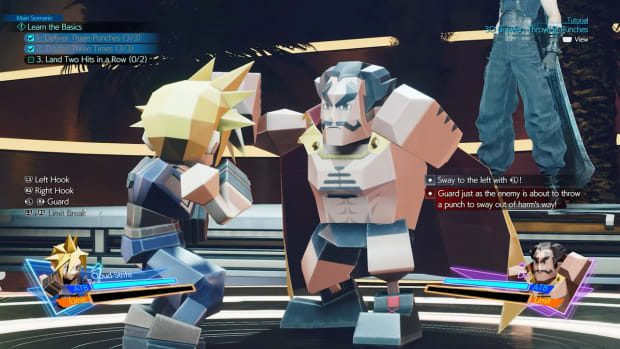
NBA 2K maker sued over virtual currency termination
It’s always sports games that seem to get into legal trouble over their business model: Take-Two and 2K Games, the two companies behind series like NBA 2K, WWE 2K, and PGA Tour 2K are facing a class action lawsuit over the use of virtual currency in these titles, as first reported by GamesIndustry.biz.
Unlike EA Sports, which is often in trouble due to the gambling aspect of its games, the plaintiffs have sued Take-Two and 2K Games because their in-game currency isn’t transferable to newer entries into their respective game series, according to the complaint. This leads to players losing the currency they bought when the servers for the corresponding game are shut down.
The class action complaint alleges that the companies are guilty of “civil theft” and “unfair business practices.”
“When terminating an older game, 2K Games also terminates gamers’ access to the funds that remain in their in-game wallets. The funds are lost when the game is terminated – they cannot be transferred to another game or redeemed,” the plaintiffs argue in the documents. “Gamers are given no warning when they purchase the in-game currency that it can be destroyed at 2K Games’ whim. Their only option is to swallow their losses and, if they wish to continue to use 2K Games’ pay-to-play features, re-up new funds in an active version of the game.”
Take-Two and 2K Games are, ironically, contrasted with EA Sports, which according to the lawsuit keeps the online services for its games, and thus the time in which the virtual currency within is usable, up much longer: “2K Games is different from other sports game franchises, however, in that it retires games fare more rapidly than other publishers. As an example, 2K Games retired NBA 2K21 on December 31, 2022, just over two years after the game’s release. Other sports videogame franchises, such as EA Sports’ Madden NFL franchise, remain enabled for five years or more after newer games have been released as their servers remain connected and maintained. Currently, EA Sports’ FIFA ‘18 (soccer) videogame, released in September 2017, was still fully operational, as were all six subsequent versions of the game.”
Call of Duty is another example brought up by the plaintiffs, since in-game currency in the shooter can be transferred to the newest entry: “There is no justification for wiping out gamers’ VC. For years, other gaming franchises, such as Call of Duty, have carried over the equivalent of VC into newer editions of the game, allowing users of newer versions to use in-game currency collected in older versions. There is no technological limitation or business justification for wiping out players’ VC, and 2K Games offers no explanation for doing so.”
The lawsuit “seeks redress for gamers who lost in-game currency from their NBA 2K accounts because of 2K Games’ deceptive and unfair conduct.”
“Younger players in the 2K Games environment are constantly presented youth-targeted offers, deals, and advertisements from companies selling cookies, breakfast cereal, sneakers, soda, and sports drinks, encouraging them to spend real money to acquire VC,” the complaint reads. It also described 2K Games’ titles as “pay-to-win.”
Take-Two and 2K Games have faced a lawsuit revolving around their sports franchises in the past, though that – just like the many examples from EA Sports’ history – focused on the aspect of gambling and lootboxes in the games, not the use of virtual currency.



